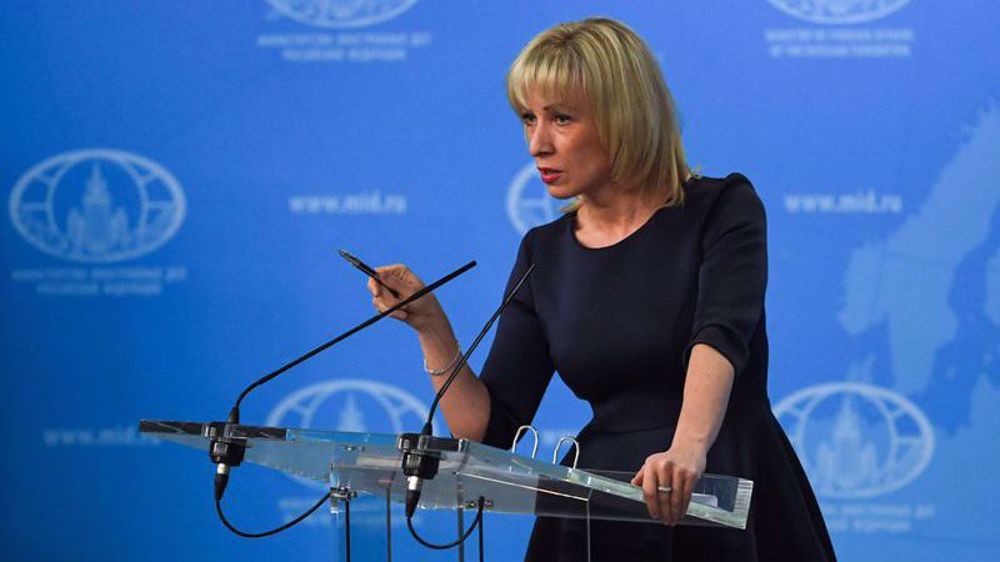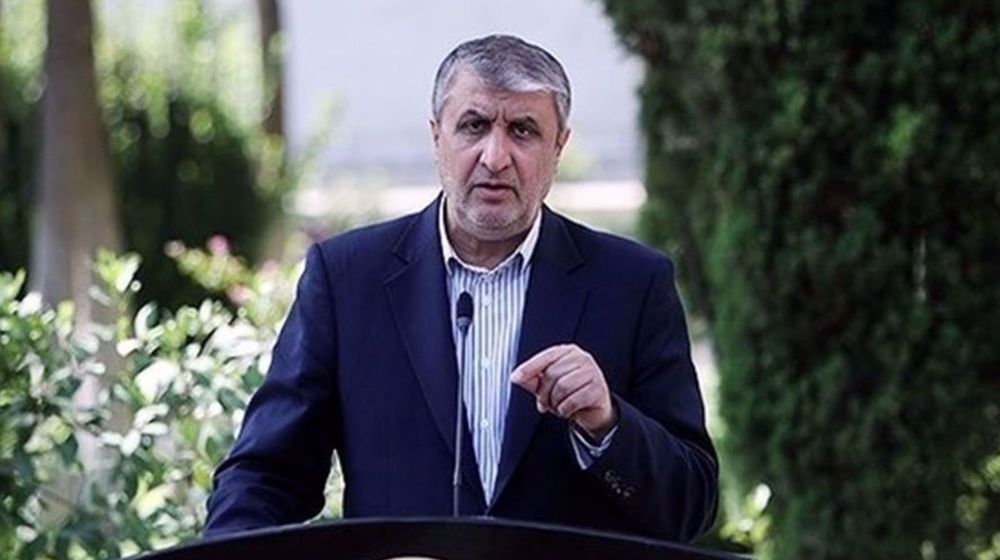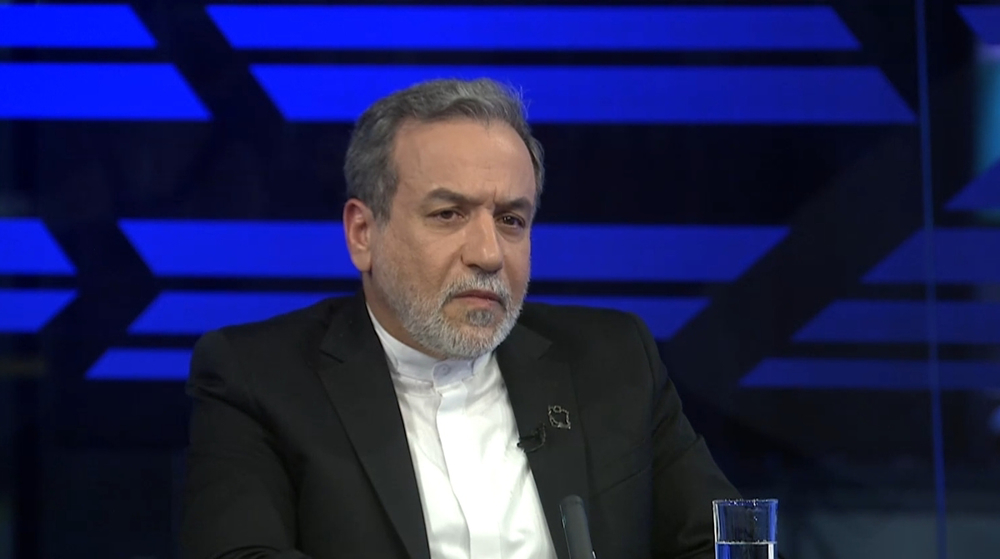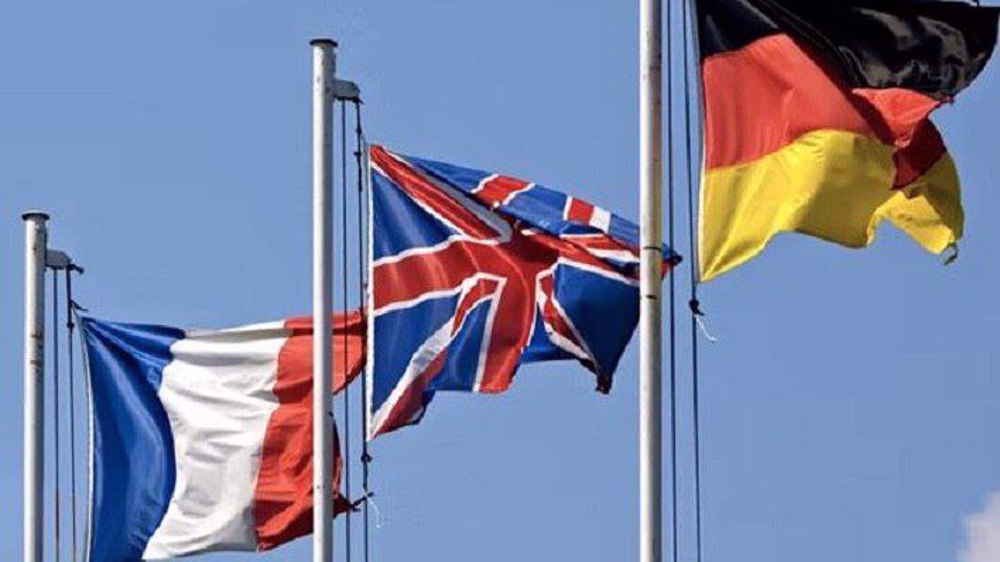Russia urges IAEA to uphold impartiality in monitoring Iran's nuclear facilities
Russia has called on the International Atomic Energy Agency (IAEA) to uphold impartiality in monitoring Iran’s nuclear facilities and refrain from politicizing its nuclear case.
In a press conference on Wednesday, Russian Foreign Ministry Spokeswoman Maria Zakharova made the call when commenting on provocative remarks by IAEA Director General Rafael Grossi who claimed that Tehran may develop nuclear weapons.
“We hope that the IAEA will be able to ensure the objectivity and impartially of the monitoring within the framework of its technical mandate, without getting politicized, without succumbing to absolutely perverted tricks by the Western camp,” Zakharova stated.
“We see this as a necessary guarantee of constructive cooperation between the agency and Iran the strengthening of which we have invariably supported.”
Zakharova’s remarks came after Grossi told the Italian news agency ANSA that Iran had “developed much stronger capabilities” regarding various aspects of its nuclear energy program, alleging, “It (the Islamic Republic) has uranium at 60% — 90% is military grade.”
He went as far as claiming that the Islamic Republic “is thus practically at the same level as nuclear-armed states.”
Elsewhere in her comments, Zakharova said “such manipulations counting on presenting the IAEA as an accomplice or even the initiator of political attacks on Tehran, always pursue a single goal - present Iran’s nuclear program as the main threat in the Middle East which must be battled by any means.”
She also slammed Western governments for their attempts to “get away with gross violations” they have committed with regard to a UN Security Council resolution enshrining the 2015 international agreement on Iran’s nuclear program, known as the JCPOA.
“The international community has a clear understanding that it was precisely the West that undermined an agreement on restoration while Tehran repeatedly indicated its readiness to return to the parameters of the joint plan in the event of reciprocal synchronized actions by Washington, Brussels and London,” Zakharova further said.
Iranian officials have already denounced Grossi’s allegation as going beyond his mission as an impartial UN official.
Earlier in the day, the head of the Atomic Energy Organization of Iran (AEOI), Mohammad Eslami, called on Grossi to ensure the agency's impartiality by considering other parties' failure to fulfill their obligations toward the Islamic Republic.
“It is not acceptable for an international institution to address only one aspect of the issue, in a provocative manner at that, and refuse to point to the main aspect, which is the obligated parties’ non-commitment,” Eslami said.
Back in 2018, the Islamic Republic resorted to a number of legitimate retaliatory measures in line with its entitlement under the JCPOA.
The steps came in response to the United States' unilateral and illegal withdrawal from the deal and its Western allies’ refusal to restore the deal to its former glory by bringing Washington back into the accord.
Tehran took the measures after a drawn-out hiatus, during which it allowed the parties to the deal to walk back their unconstructive steps.
Press TV’s website can also be accessed at the following alternate addresses:








 This makes it easy to access the Press TV website
This makes it easy to access the Press TV website